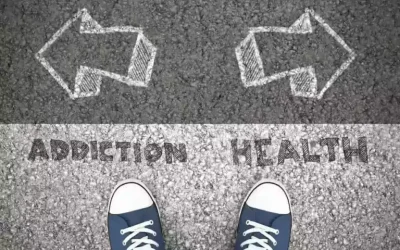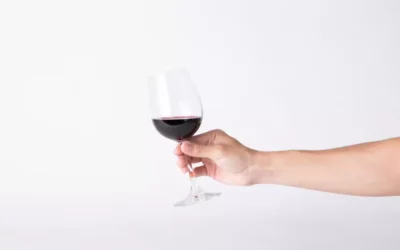Content
In therapy, you can evaluate the root cause of your anxiety and develop healthy coping strategies. Many people are unaware that cognitive behavioral therapy is also proven to help reduce alcohol consumption, and alcohol jitters that many of the same tools can address anxiety disorders and alcohol use disorder simultaneously. If you opt for inpatient treatment, you’ll be monitored for hallucinations or other signs of delirium tremens.

Other symptoms of alcohol-related cerebellar dysfunction can include poor coordination and balance, clumsiness, an unsteady walk and involuntary back-and-forth eye movements known as nystagmus. Some individuals also develop damage to the peripheral nervous system, which may cause muscle weakness, numbness, tingling and burning pain in their extremities known as peripheral neuropathy. To compensate for the sedative effects of alcohol, the brain releases more excitatory neurotransmitters than normal, which ramps up nerve activity and keeps the body in a more awake state. These changes in brain chemistry are part of the reason why long-term heavy drinkers often don’t appear drunk.
When to Seek Help for Alcohol Addiction: A Guide to Taking the First Step Toward Recovery
If you’re being hard on yourself about what you did under the influence of alcohol, self-compassion can help. As alcohol starts to rapidly disappear from your system Feifel explains a pendulum effect occurs. Your anxiety circuits go into overdrive as they try to find a balance after being suppressed. American Addiction Centers (AAC) is committed to delivering original, truthful, accurate, unbiased, and medically current information. While hepatic encephalopathy can also lead to coma and death, the condition usually resolves with treatment.
That’s why some alcoholics wake up shaky in the morning and need a drink to feel steady. They can last for 24 hours or sometimes longer – depending on how much you had to drink and other physical factors, such as body size and liver health. Hong Kong-based psychologist Dr Adrian Low says “hangxiety”, or feelings of stress, panic and fear experienced while hungover, can be attributed to the impact of alcohol on our brain. According to a 2023 study of more than 5,000 university students, people sensitive to classic hangovers were also more likely to have higher levels of anxiety and stress. Once symptoms of alcohol-related brain damage occur, they will continue to worsen if drinking continues.
Alcohol Tremors Vs. Essential Tremor
The Zero point was used postoperatively in another study, as a regulator of theautonomic nervous system and of parasympathetic activity, together with the Shenmenpoint, with positive results based on the analysis of heart rate variability17. Alcohol enhances GABA’s effects, which contributes to the initial feelings of relaxation and euphoria after drinking. But reaching for caffeine may not be the best idea as its stimulant effects could exasperate your feelings of anxiety. According to survey results, this “hangxiety” is a hangover symptom for approximately 22% of people under the age of 30 years.

While medication isn’t a part of everyone’s journey, it can be incredibly helpful for some. Generalized anxiety disorder and alcohol use disorder are medical conditions https://ecosoberhouse.com/ with FDA-approved medication options. At Monument, physicians can prescribe naltrexone or antabuse to support your sobriety if safe and appropriate for you.